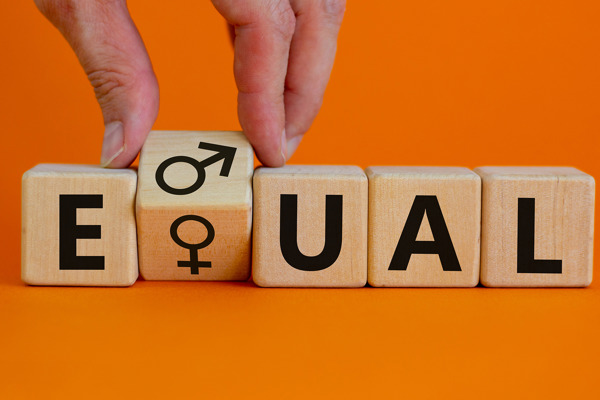UPDATE: The successful claimant was awarded £180,000 in compensation excluding a costs application which is to be heard in January 2021. Recommendations were made including that the JLR Board read and discuss the Tribunal's full written reasons for the judgement (expected to be issued by December 2020). JLR also agreed to appoint a Diversity and Inclusion Champion and to commission a report investigating diversity and inclusion throughout the organisation which will be updated annually for the next five years. These reports will be made public and sent to all employees and workers.
Under the Equality Act 2010 ("the Act") a person has the protected characteristic of gender reassignment if "the person proposes to undergo, is undergoing or has undergone a process (or part of a process) for the purpose of reassigning the person's sex by changing physiological or other attributes of sex" and "a reference to a transsexual person is a reference to a person who has the protected characteristic of gender reassignment".
The terminology in the Act has been criticised for being out of date and confusing, leading some to believe that protection was only available to those who had undergone medical gender reassignment, or been granted a Gender Recognition Certificate, with others in the wider trans community not being protected. The ACAS research paper Supporting trans employees in the workplace which was published in 2017 also highlighted concerns that the Act only protected a subgroup of trans people which excluded intersex and non-binary people unless they transition to a (trans) man or woman or are perceived to being going through gender reassignment.
In Taylor v Jaguar Land Rover Limited the employment tribunal has for the first time considered the application of section 7 of the Equality Act 2010 ("the Act") - gender reassignment - to non-binary or gender fluid individuals. Ms Taylor identified as gender fluid/non-binary in 2017, from which point she (the pronoun used in the Tribunal's judgment) usually dressed in women's clothing. She was subsequently subjected to abusive jokes and insults and had difficulty with use of the toilets and managerial support. She brought claims for harassment, direct discrimination and victimisation on the ground of gender reassignment. Jaguar Land Rover Limited (JLR) argued that as a gender fluid/non-binary individual Ms Taylor was not protected by the gender reassignment provisions in the Act.
Although full reasons are yet to be issued by the employment tribunal who heard the case, oral reasons were given and a liability judgment has been issued. Although some of the claims were out of time and could not be heard by the employment tribunal, the liability judgment is overwhelmingly in favour of Ms Taylor. Whilst not stated in the short written judgment (which only deals with issues of liability), the barrister acting for the Claimant has reported that in its oral decision the Tribunal held that it was "clear..... that gender is a spectrum" and that it was "beyond any doubt" that Ms Taylor fell within the gender reassignment provisions of the Act.
The liability judgment also confirms that the employment tribunal consider it appropriate in this case to award aggravated damages to Ms Taylor, and that the making of recommendations is being considered. Aggravated damages can be awarded (in the English employment tribunal) where the behaviour of the respondent in a tribunal case has aggravated injury to the claimant, and recommendations can, as the name suggests, recommend that the respondent takes specified steps to reduce the adverse effect on the claimant of any matter to which the employment tribunal proceedings related. The fact that both these actions are being considered does not reflect well on JLR, who were found to have taken an "insensitive stance" in their defence to the claims.
JLR could still appeal this judgment, however they have already taken the step of issuing an apology to Ms Taylor and said they will "respect the outcome of the case". The judgment shows people with more complex gender identities can be protected under the Act - which is an important step forward for those members of the LGBTQ+ community who feel that the law did not adequately protect them.


